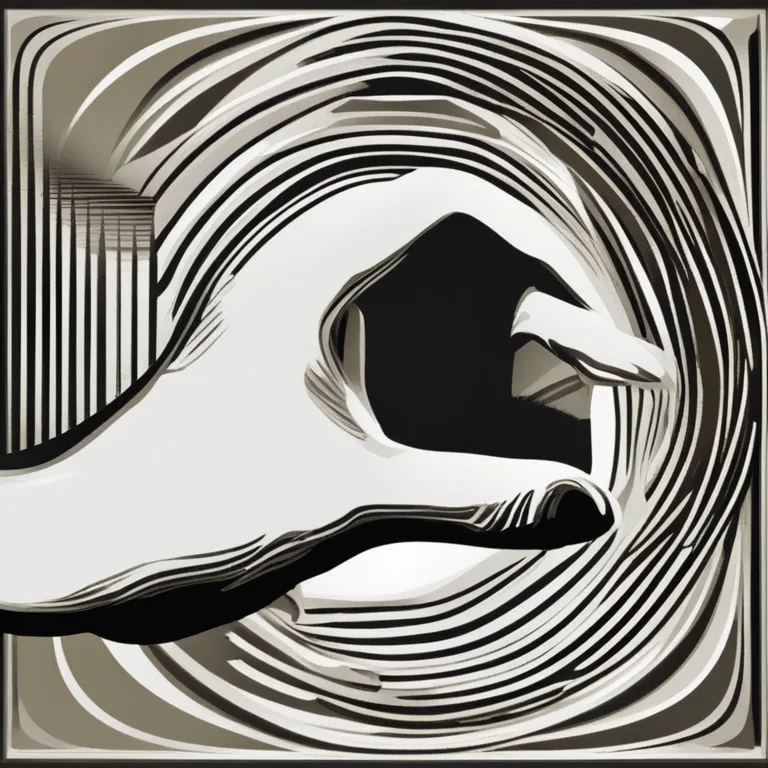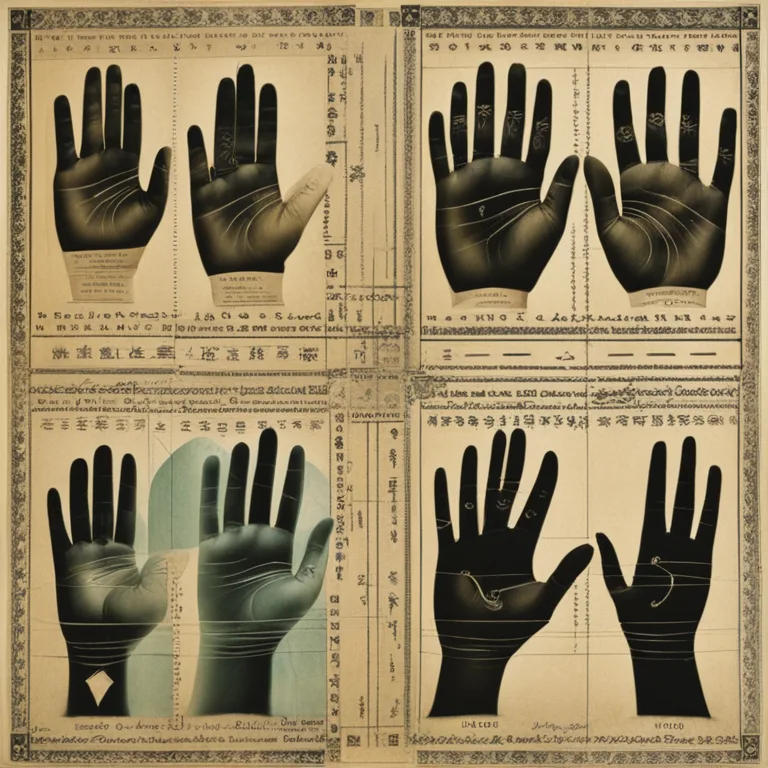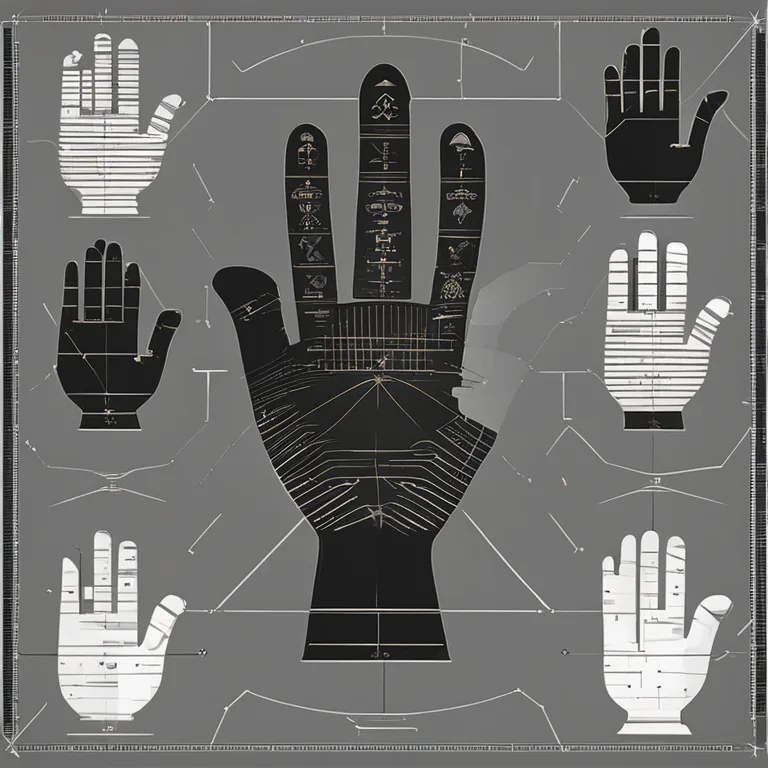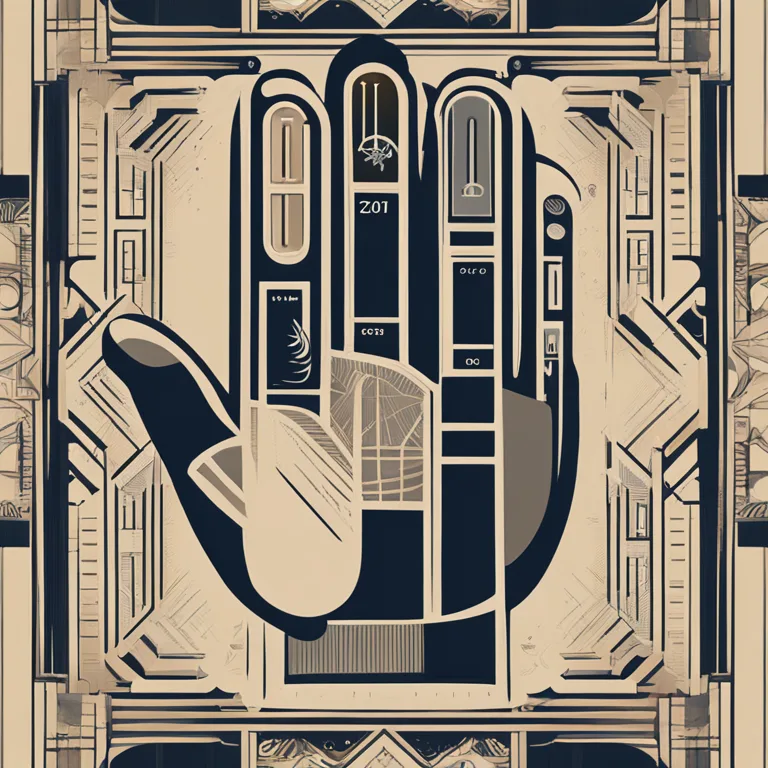
Which Hand Is Read For Men in Palmistry?
In palmistry, the significance of the hands differs for men and women. This article delves into hand preferences for men in palmistry and their relevance.
article by Nora Pennington
Introduction to Palmistry for Men
Palmistry, an ancient art dating back thousands of years, continues to captivate enthusiasts and seekers alike. The practice, ingrained in various cultural traditions, involves interpreting the lines and features of the hand to glean insights into an individual's personality, future prospects, and innate talents. While both hands possess their own stories, the age-old question persists: for men, which hand holds the key to unlocking these narratives? Traditionally, the dominant and non-dominant hands play distinctive roles in palmistry, and this remains true when specifically focusing on male clients. In the paragraphs to follow, we shall examine the prevailing conventions of hand analysis for men within the rich tapestry of palmistry.

Primary Hand in Male Palmistry
When it comes to reading a man's palm, the primary hand—often defined as the one he writes with or uses most frequently—is paramount. This hand is considered the dynamic of the two, actively crafting one's destiny through various stages of life. It embodies the conscious mind, personal endeavors, and the effort one exerts to shape their own path. For palmists and their masculine clientele, the dominant hand serves as a vivid map charting the conscious choices, actions, and experiences that mold an individual's present and future.

The Non-Dominant Hand's Tale
The non-dominant hand, on the contrary, is symbolic of a man's potential, the traits he is born with, and the latent possibilities that weave throughout his life. Often referred to as the passive or subconscious hand, it reflects what is inherent or unaltered by life's active pursuits. The lines and features found here are thought to echo the innate predispositions and could offer a contrast to the cultivated character etched into the dominant counterpart. In essence, it is a wellspring of insights into a man's raw, untapped potential and undeveloped facets.

Modern Perspectives on Hand Choice
As our grasp of palmistry evolves with the years—now in the lens of 2024—the embrace of fluidity in interpreting which hand to read for men becomes more apparent. Contemporary palmists often value both hands, regarding their shared narratives as crucial elements in a comprehensive palm reading. The interaction between the active choices of the dominant hand and the passive traits of the non-dominant hand paints a fuller picture of the male psyche and the life he leads. Modern interpretations suggest a synthesis of meanings and a more holistic approach to understanding the messages inscribed in one’s palms, regardless of gender.

Cultural Influences on Hand Selection
Cultural nuances also play a fundamental role in palmistry practices around the world. In certain traditions, the left hand is universally associated with the past and what is given in life, while the right hand is seen as indicative of the future and what one makes of the opportunities at hand. Such perspectives might influence palmists to favor one hand over another when focusing on predicting a man's future endeavors or delving into his past experiences. It is essential for seekers embarking on palmistry consultations to be aware of these cultural variations and how they may impact a reading.
Personal Preferences in Palm Readings
Additionally, the significance of each hand can be a matter of personal preference for both the palmist and the man seeking insight. Some practitioners encourage their clients to select the hand that resonates most with them at the moment of the reading or to alternate between sessions. This approach, while unconventional, champions the individual's autonomy and their evolving relationship with palmistry.
Conclusion: The Quest for Balance
In wrapping up our exploration into which hand a palmist reads for a man, we come to recognize the profound symmetry and balance that both hands offer. Despite the convention of emphasizing the dominant hand, considering the narratives of both palms creates a broader, more inclusive perspective of one's life journey. As contemporary palmistry marches forward, the fusion of the physical, psychological, and spiritual elements of hand analysis remains a cornerstone in the search for understanding and guidance.
Published: 1/3/2024
Modified: 1/3/2024
More predictions
Come back here soon to learn more about yourself and your future


Palmistry vs. Astrology: Which Predicts You Better?
Delve into the fascinating realms of palmistry and astrology to determine which ancient practice offers more accurate insights into your life.


The Correct Hand for Palm Reading: A Guide
Learn which hand to read for insightful palmistry interpretations and how the distinction influences personal readings.


The Language of Palmistry Fingers: A Comprehensive Guide
Delve into the significance of fingers in palmistry and what they reveal about our personalities and futures